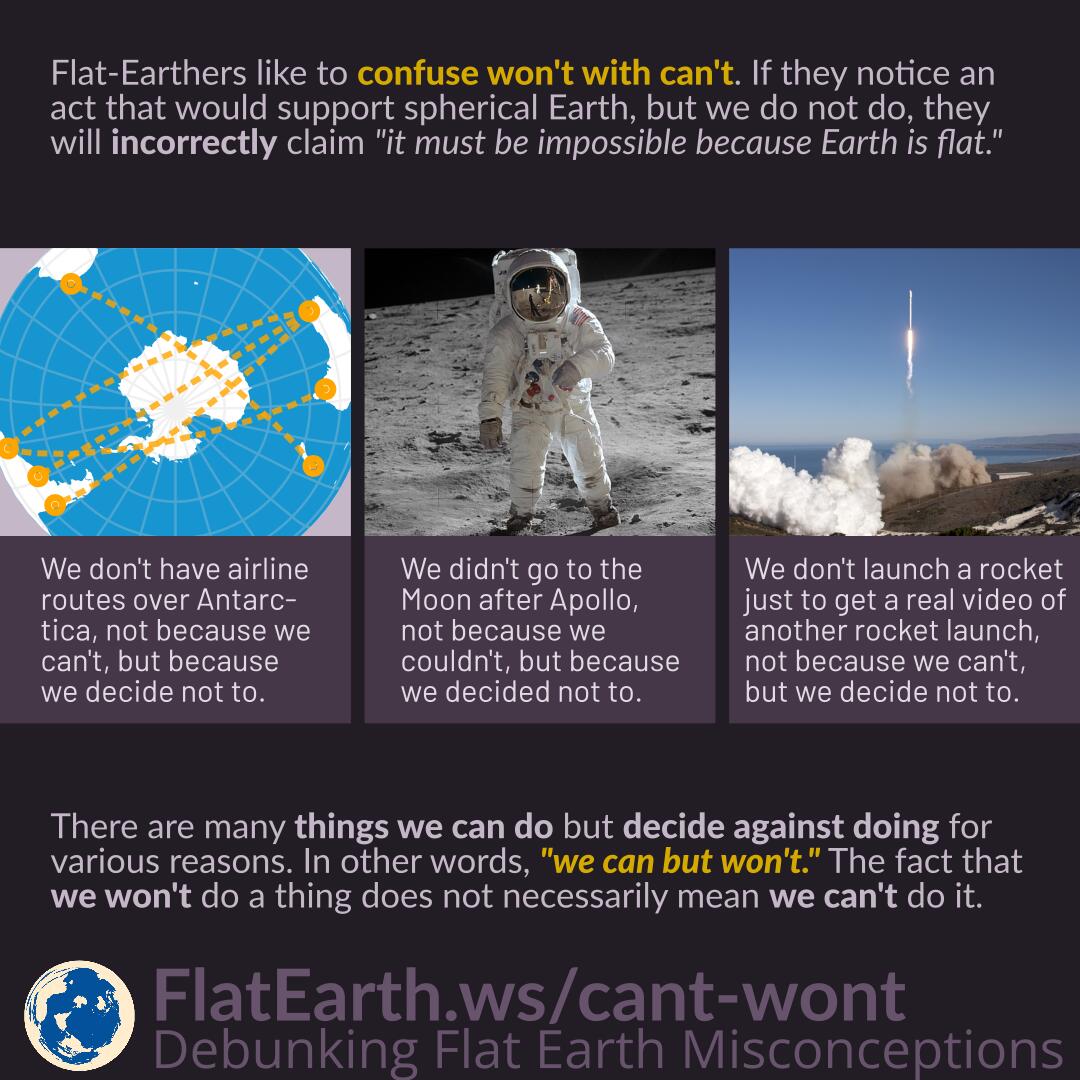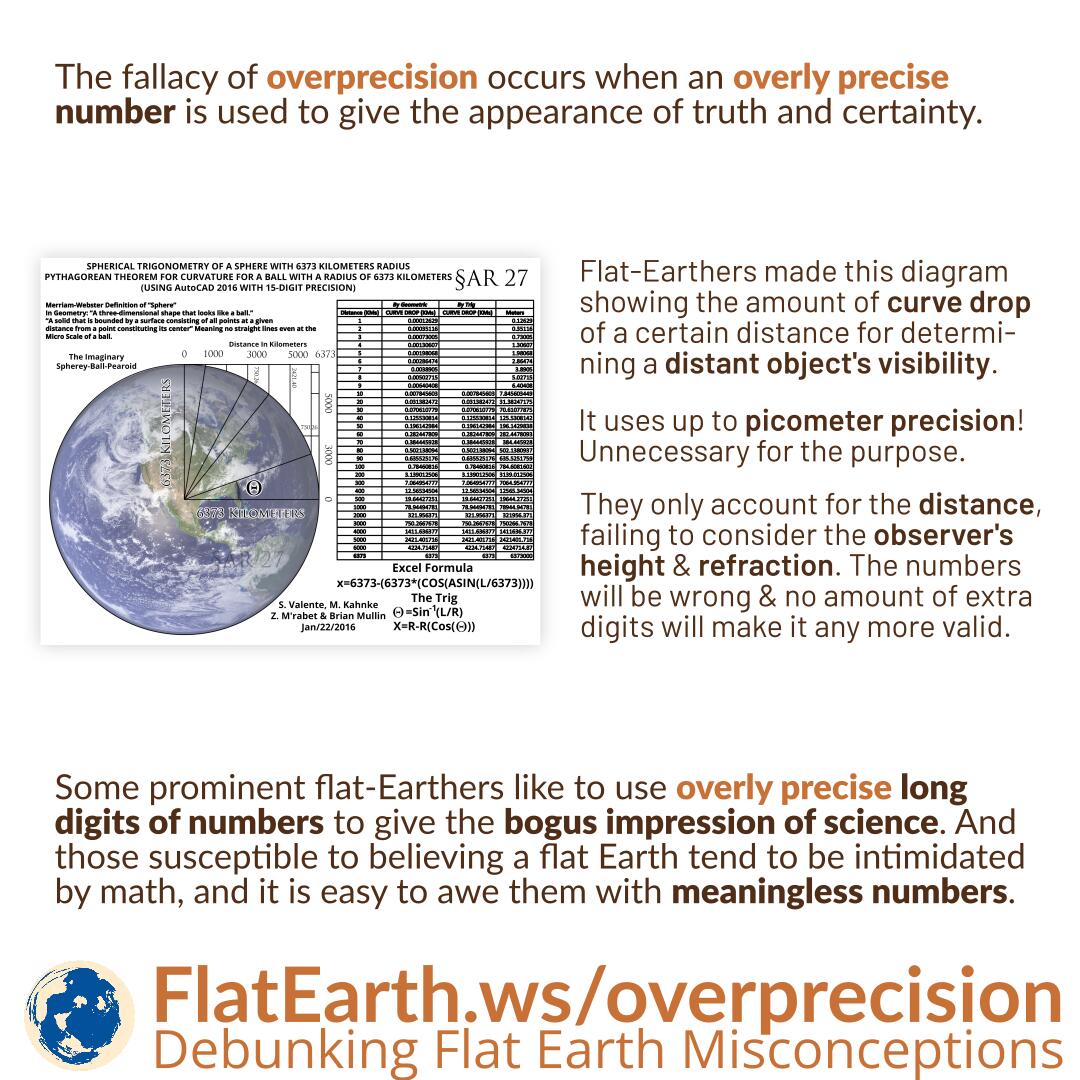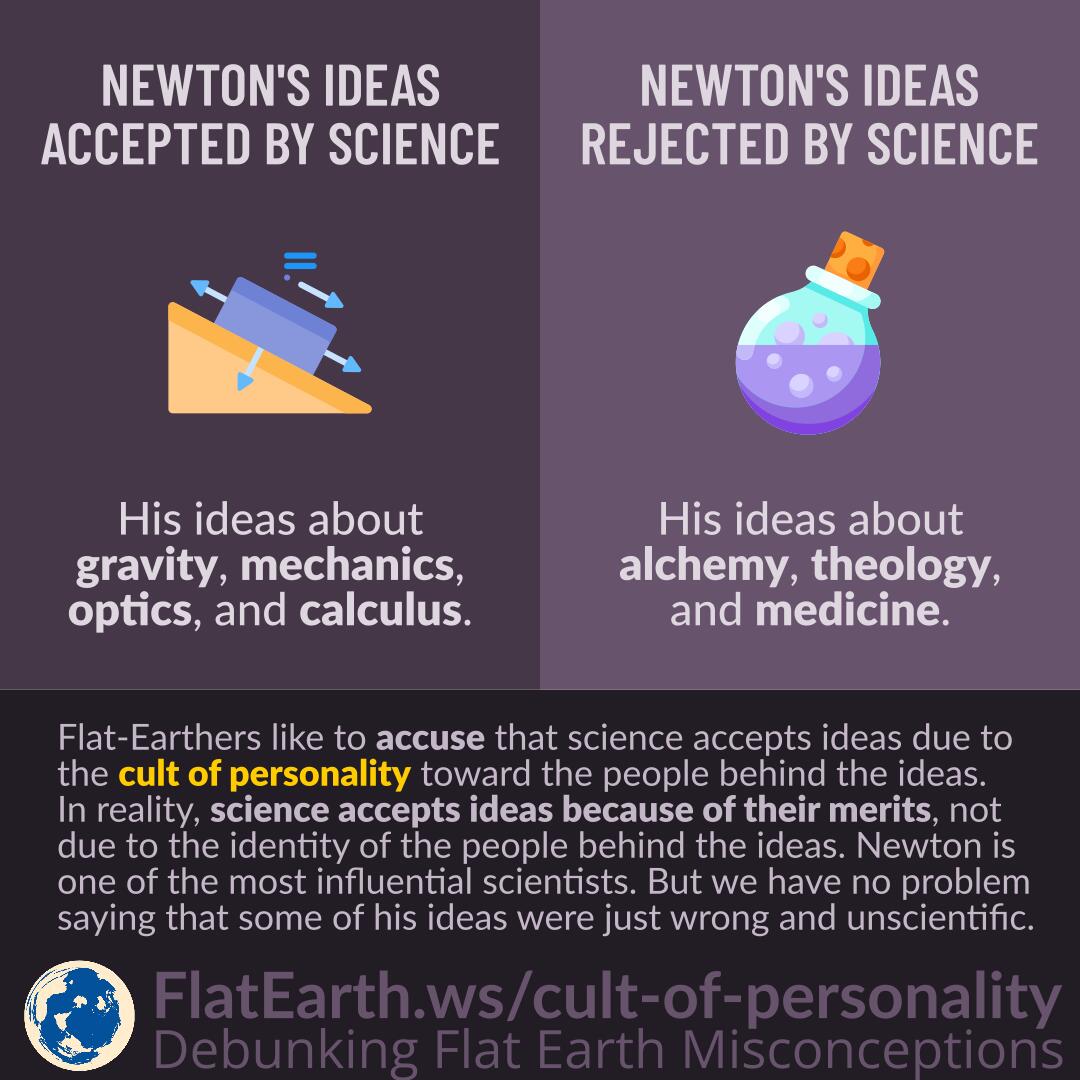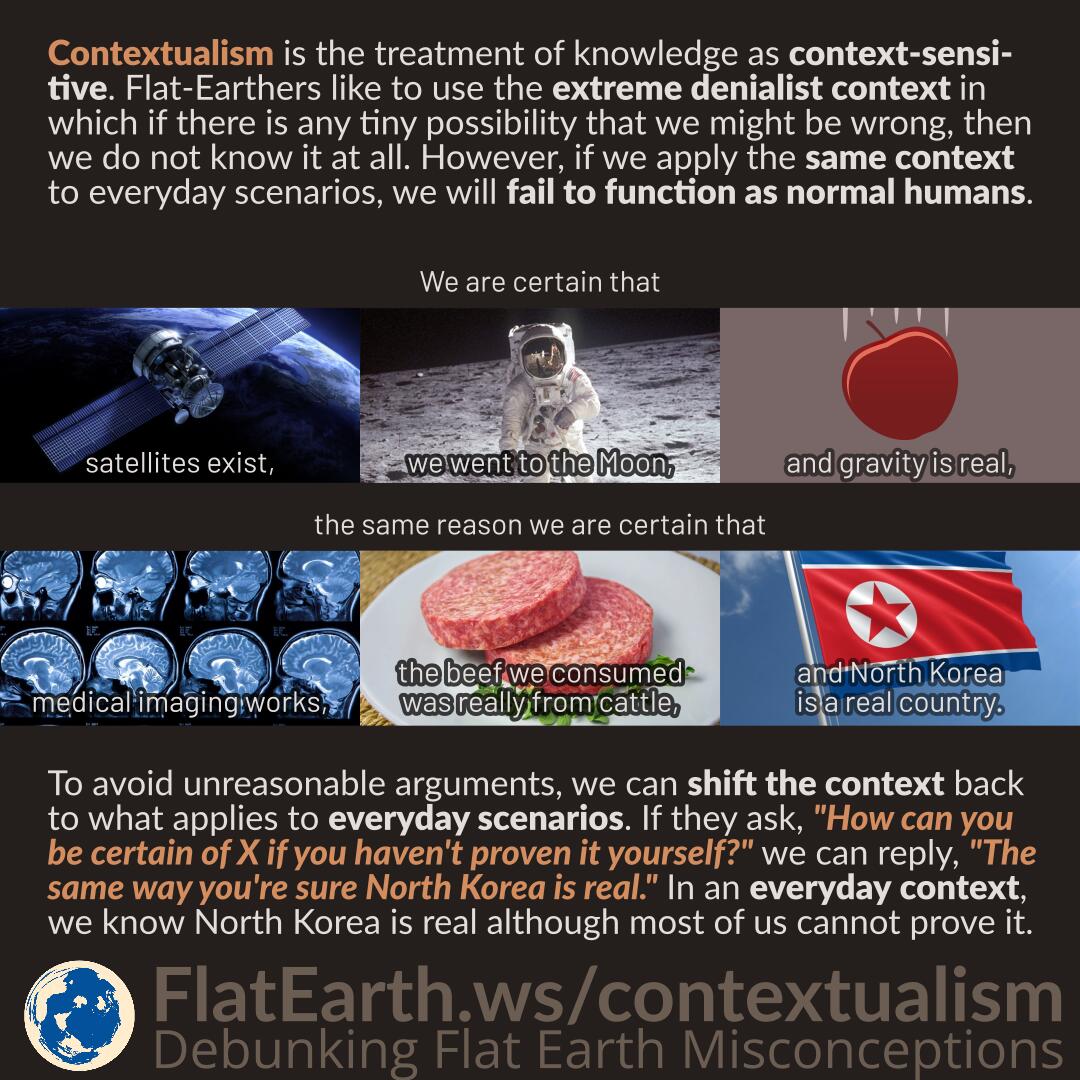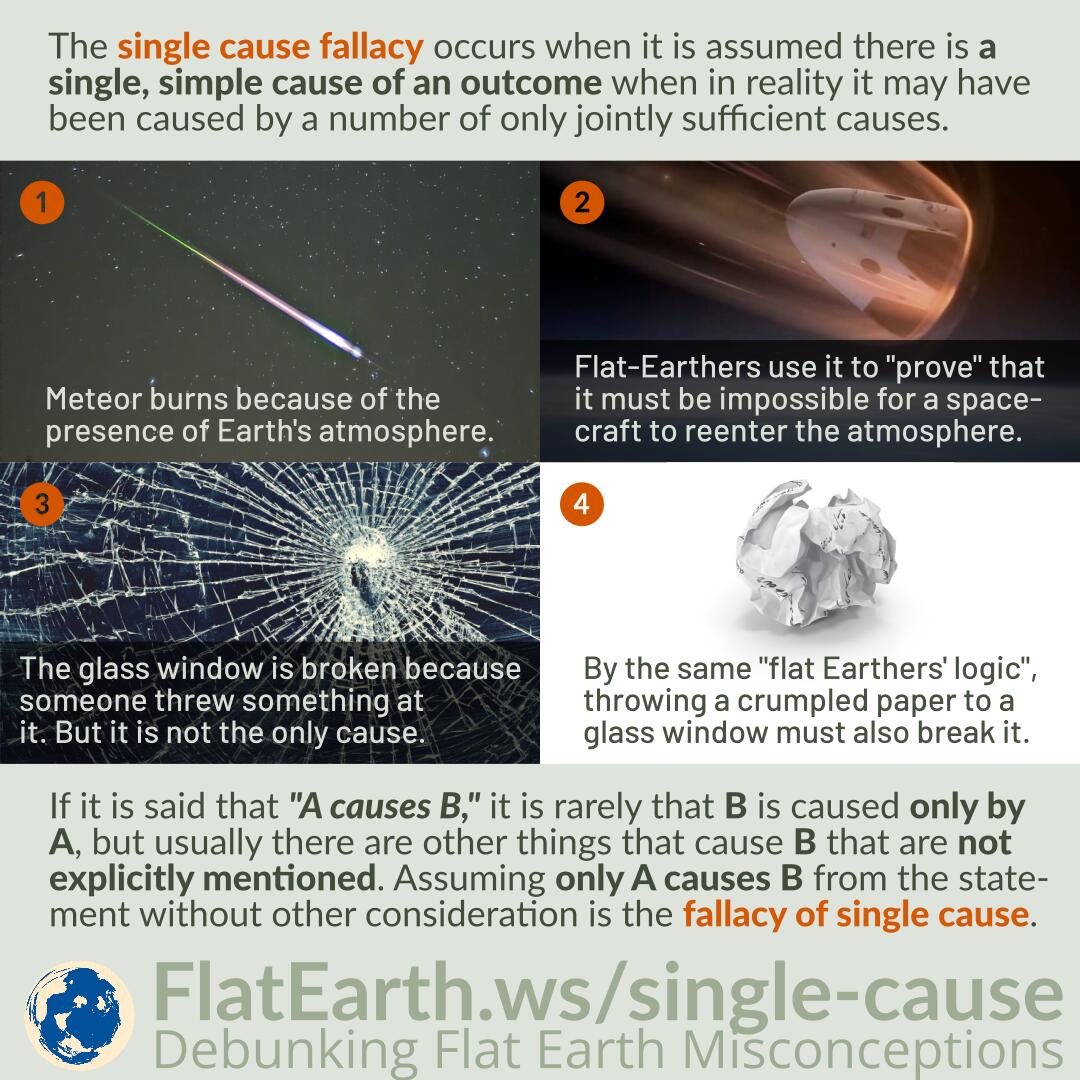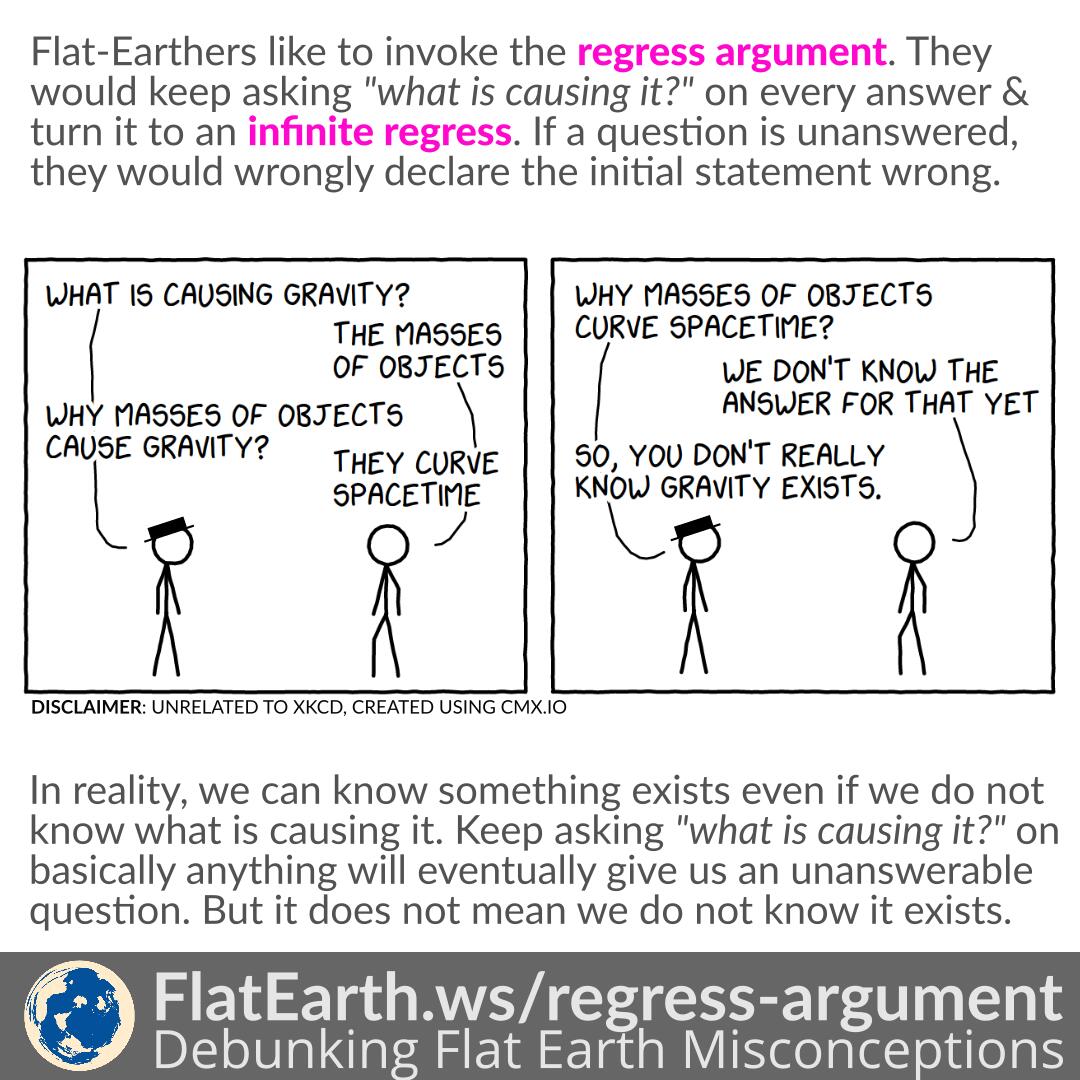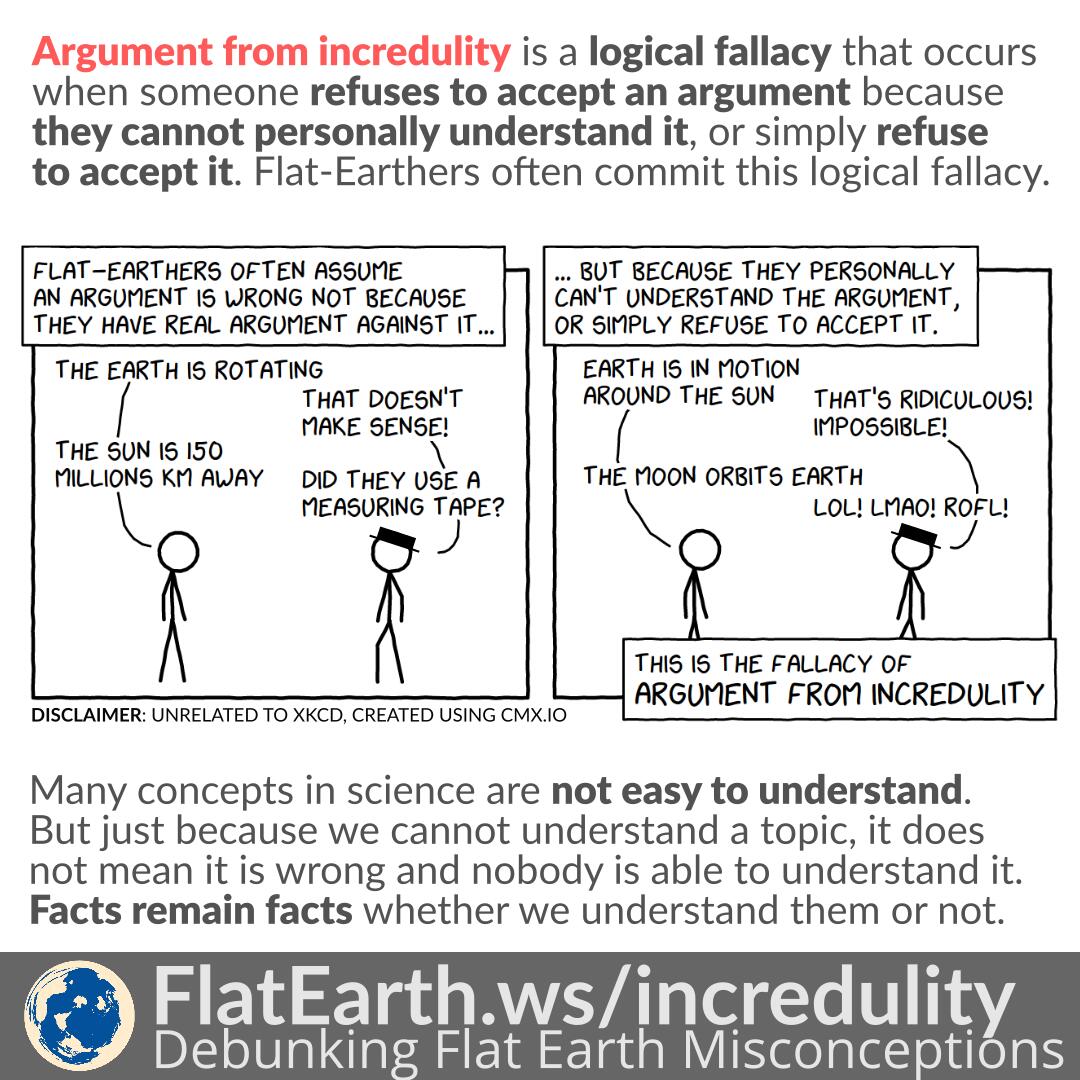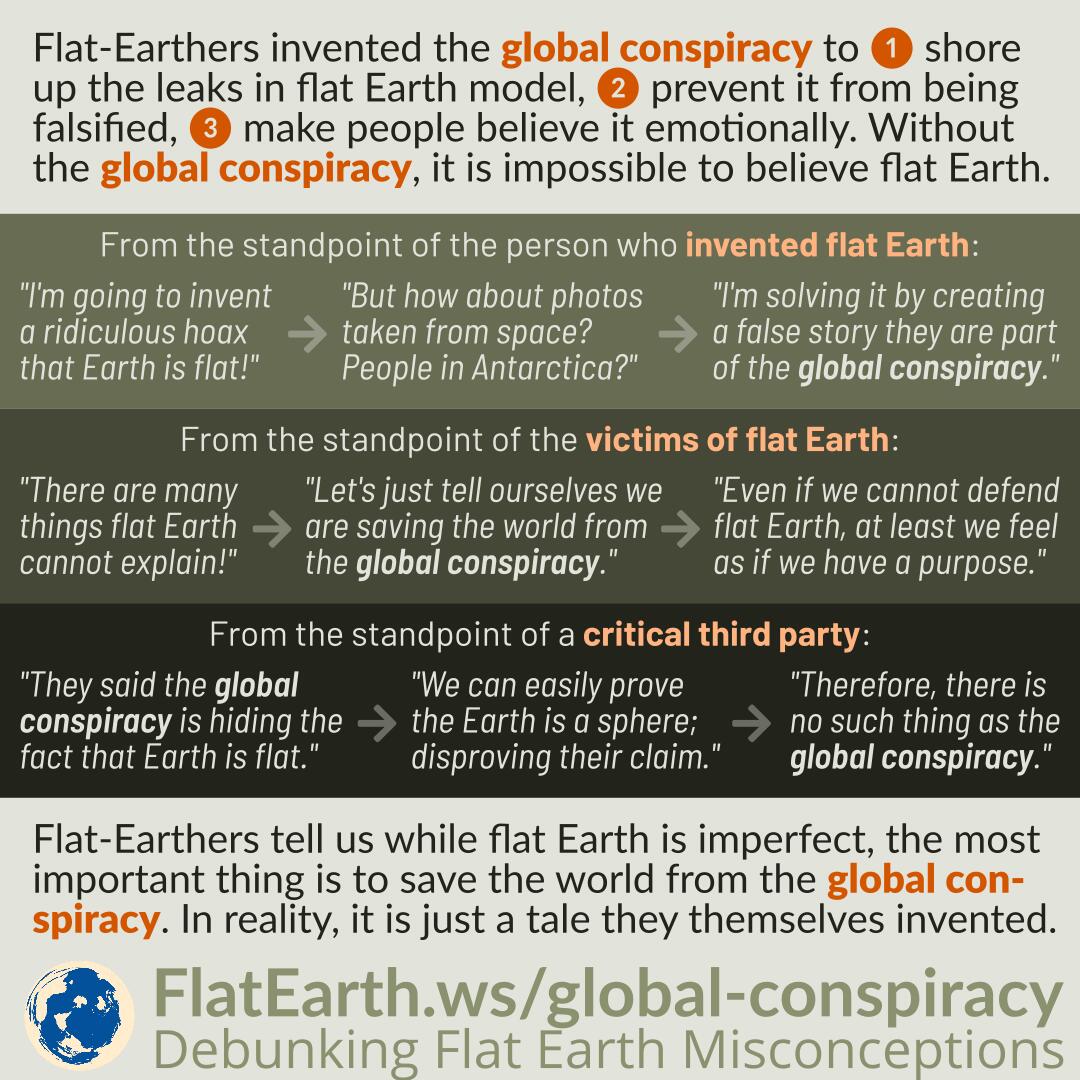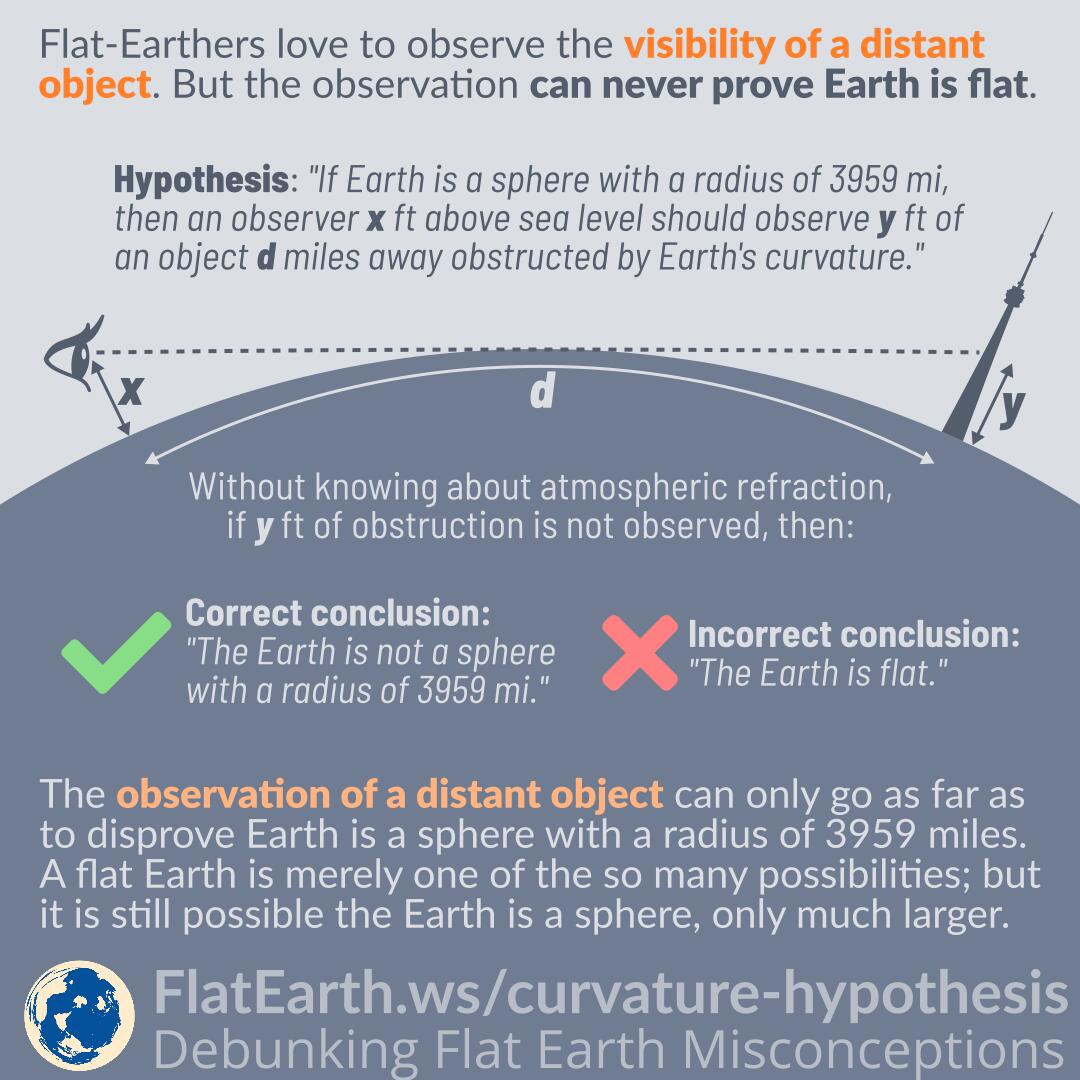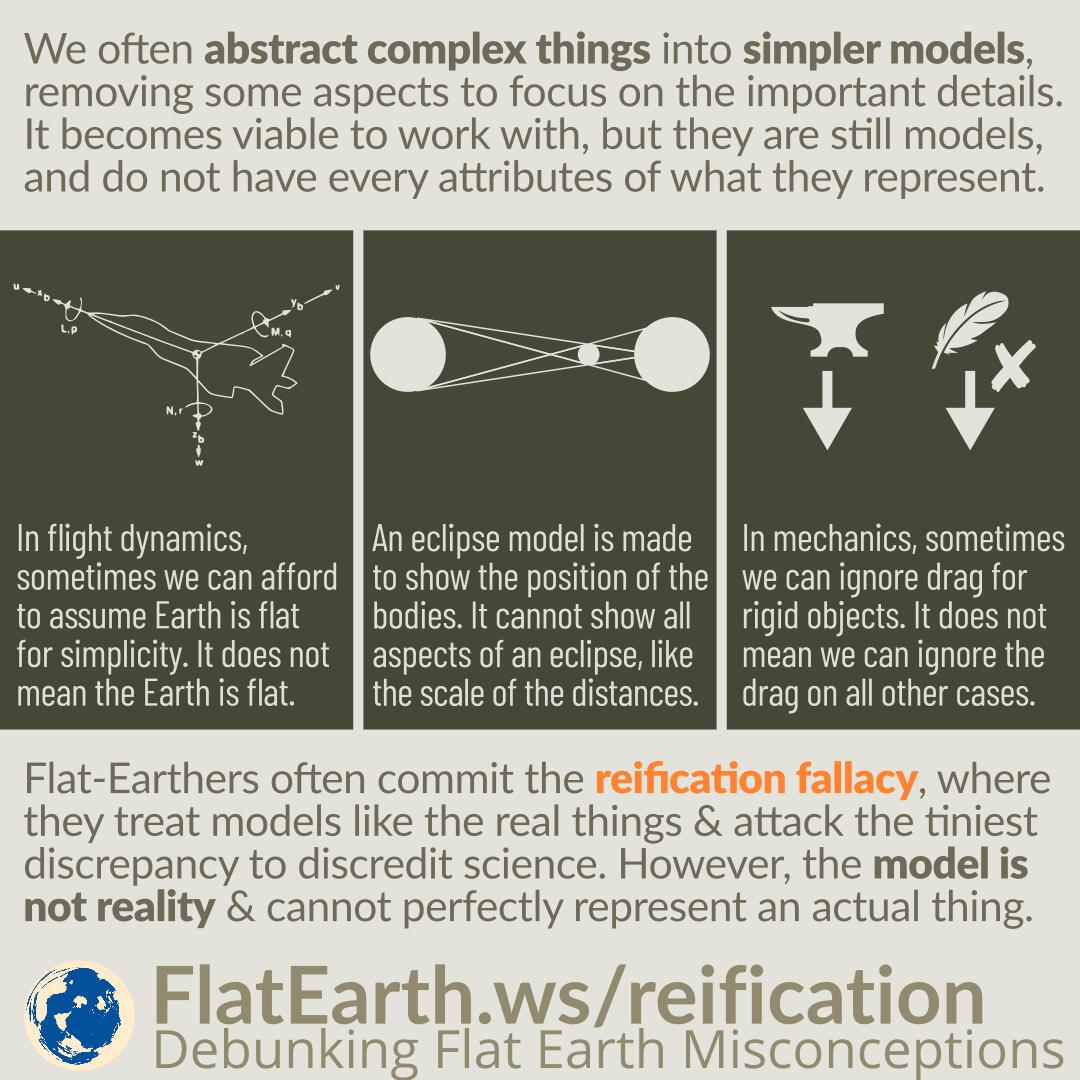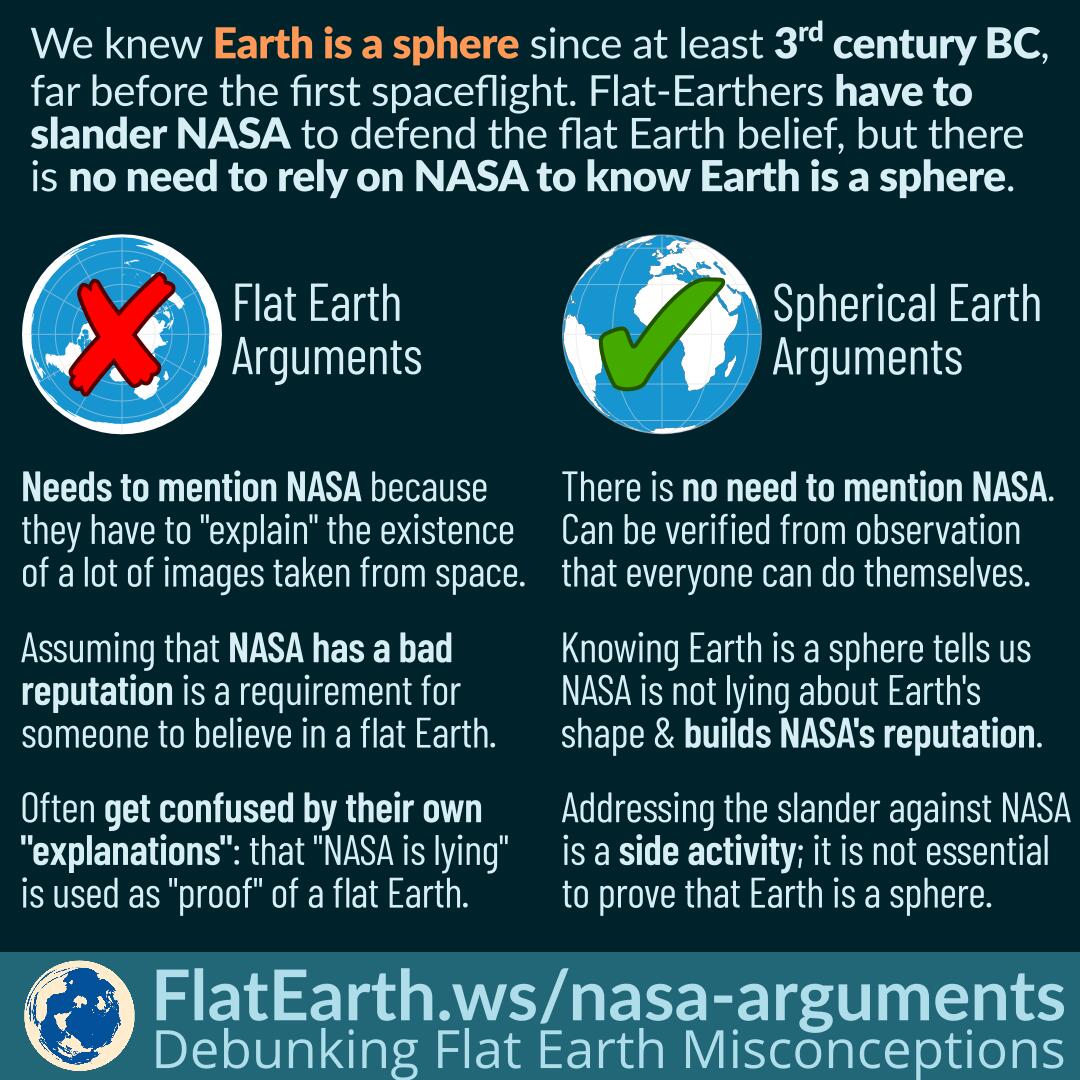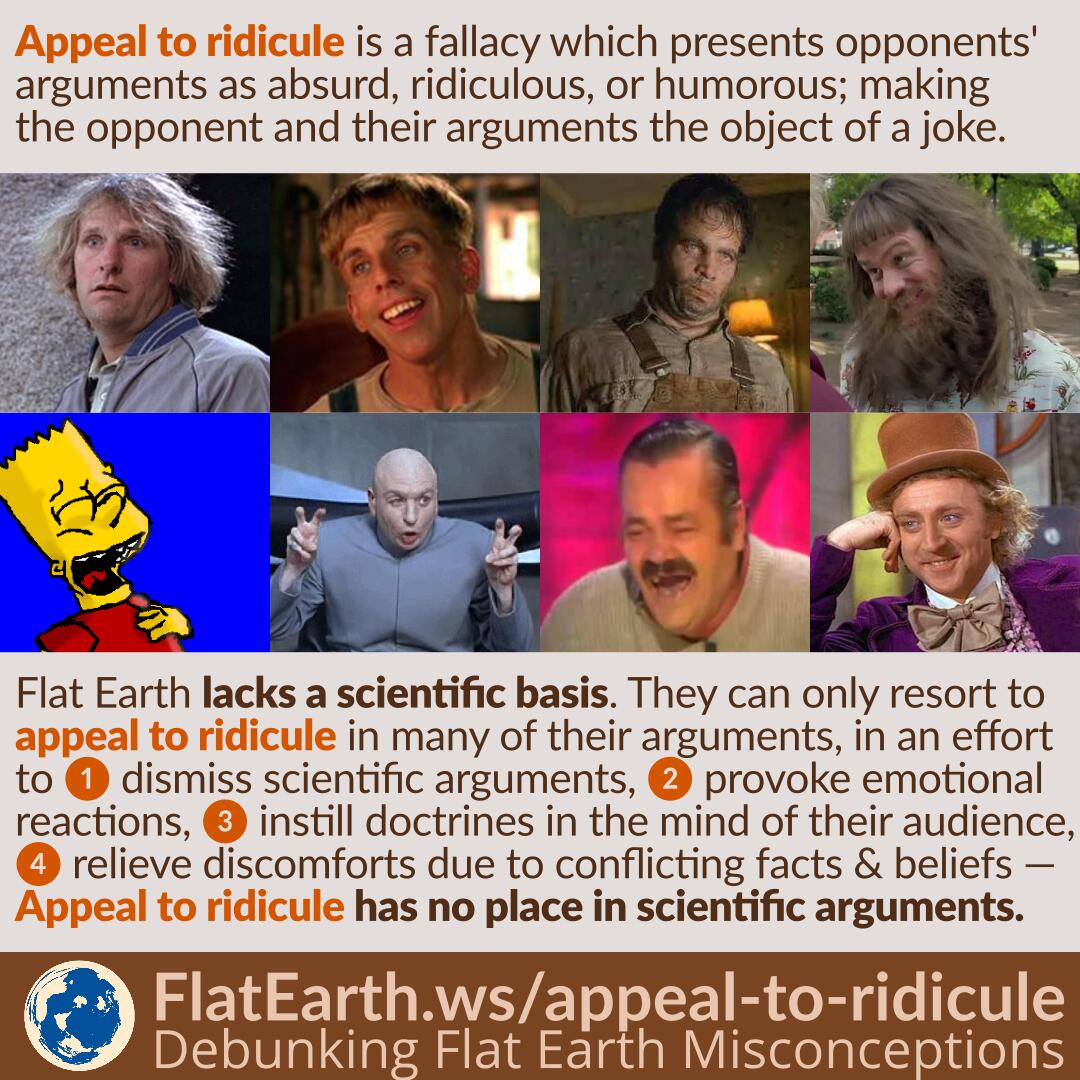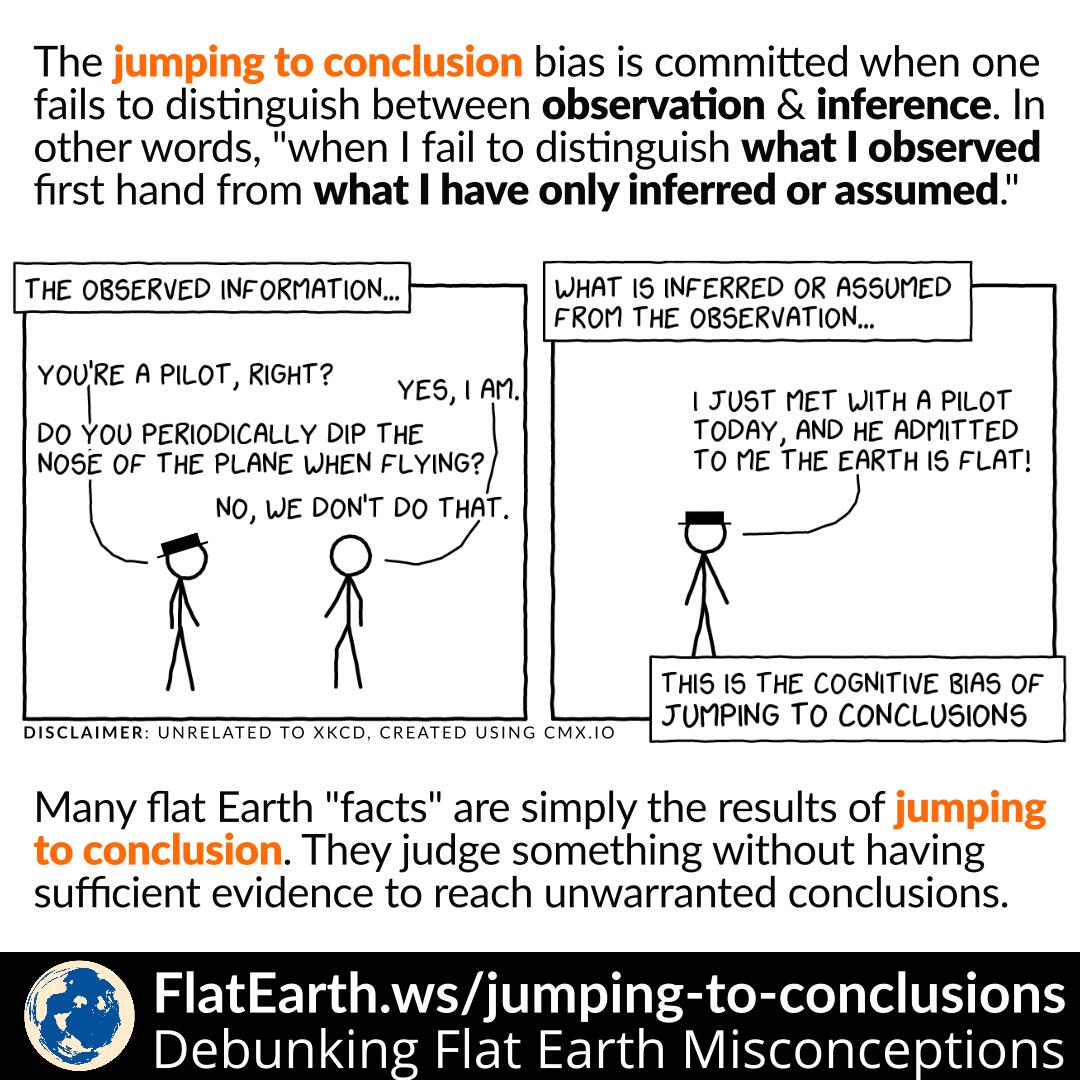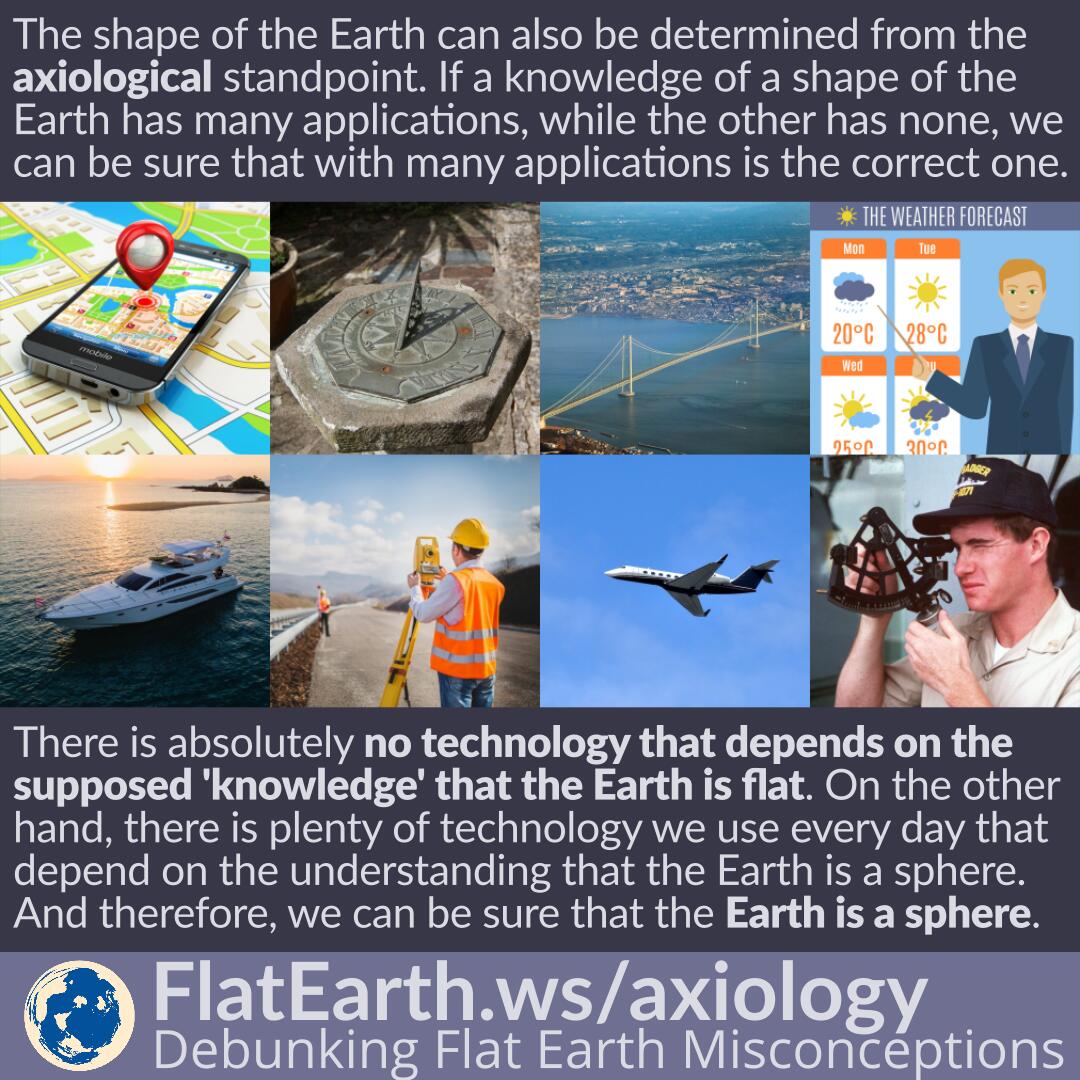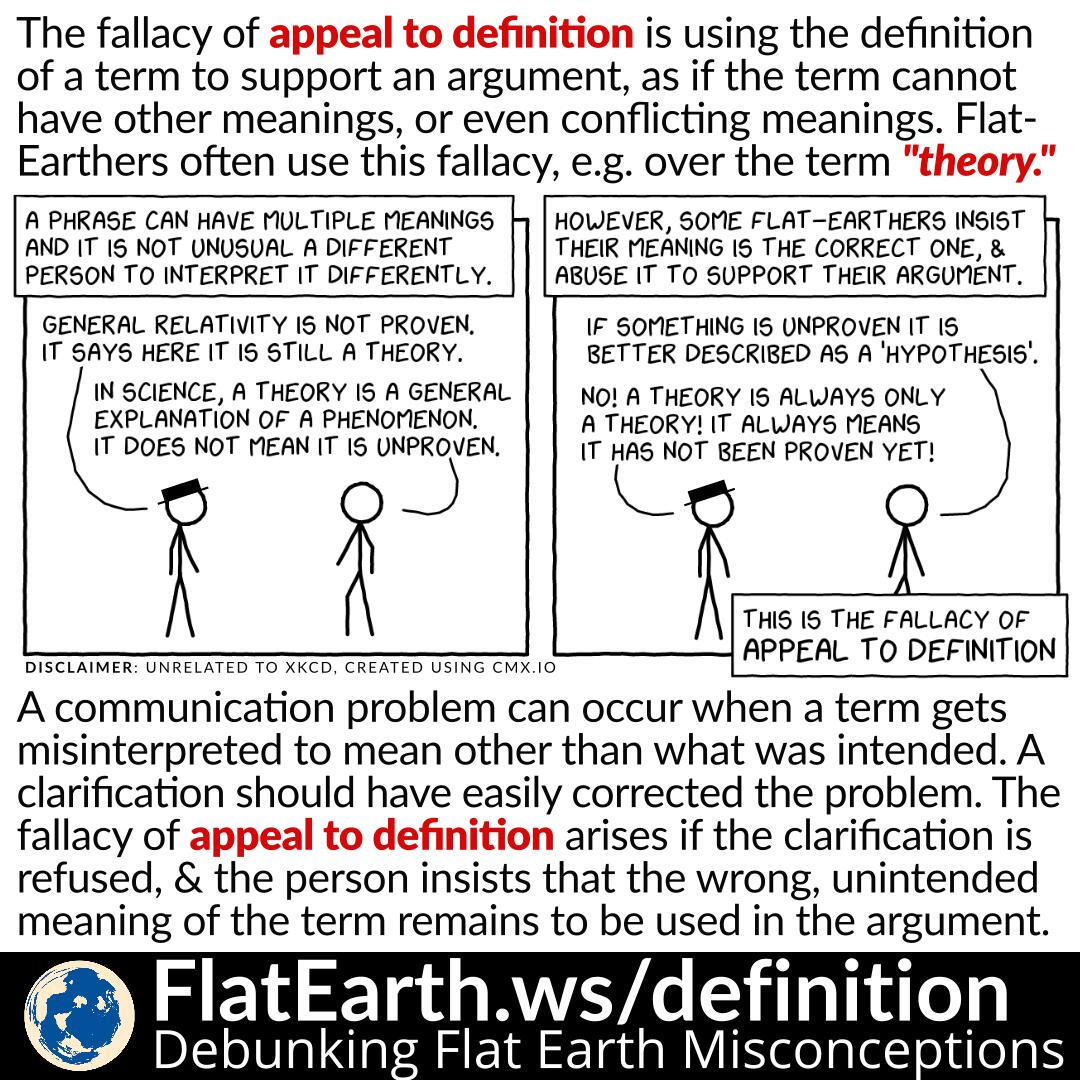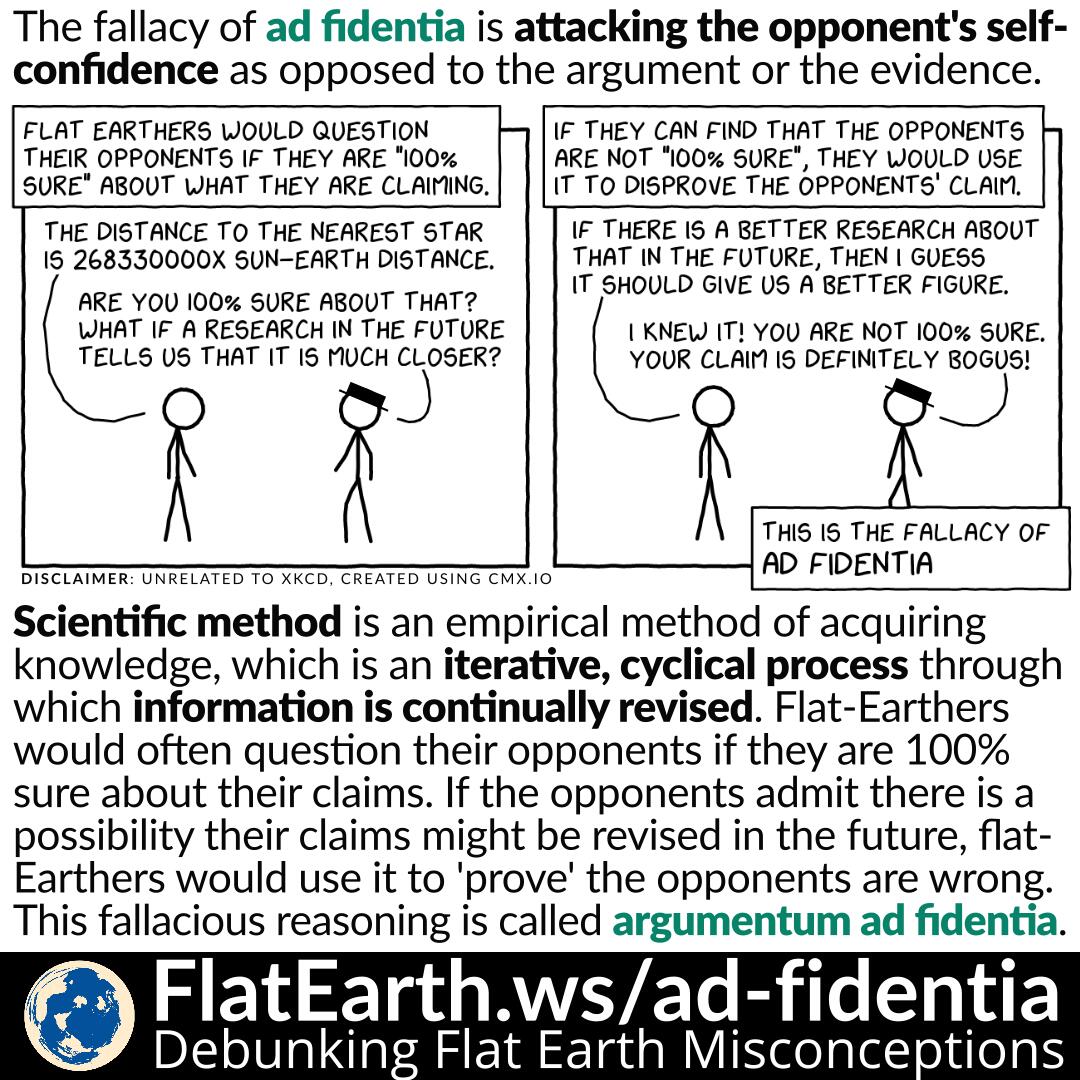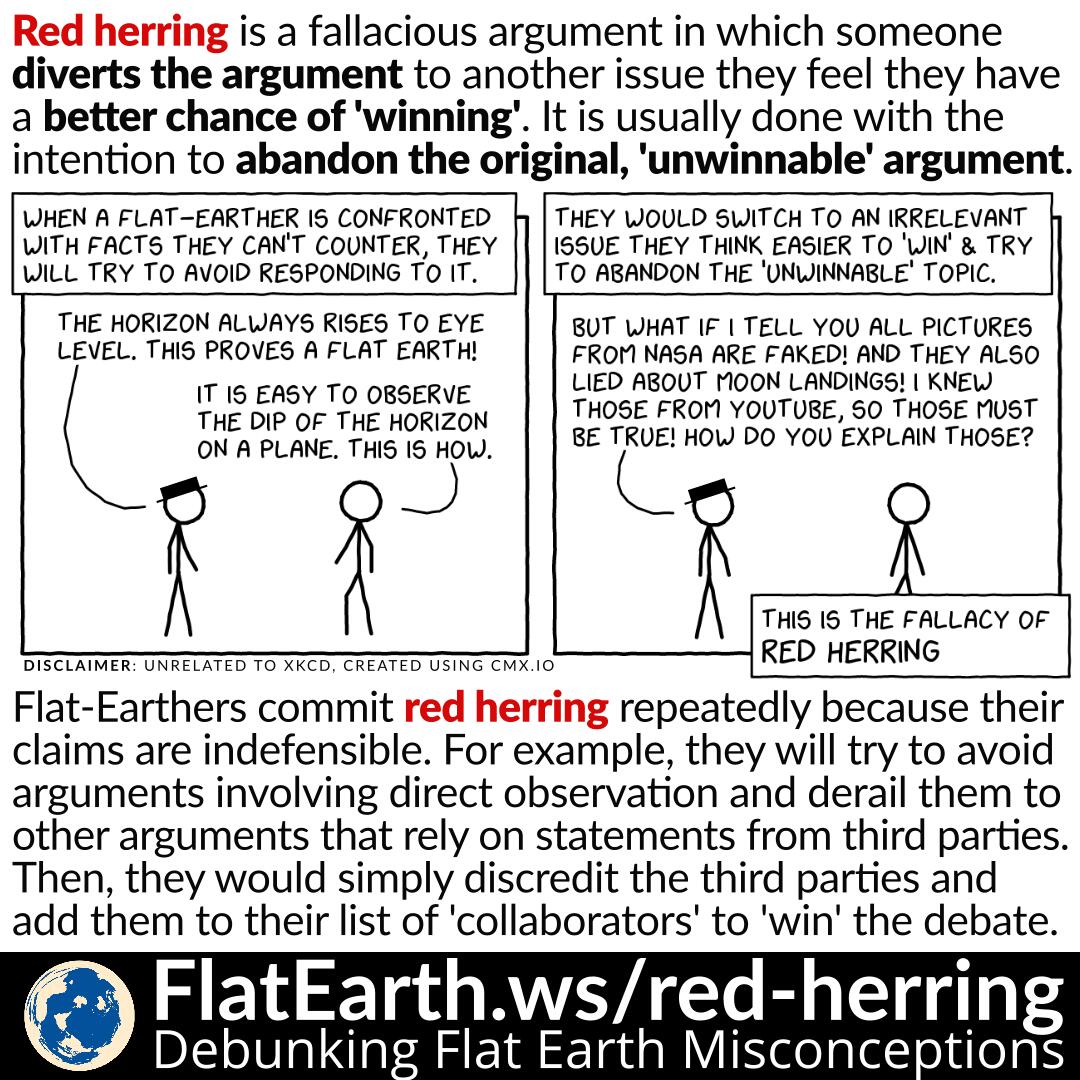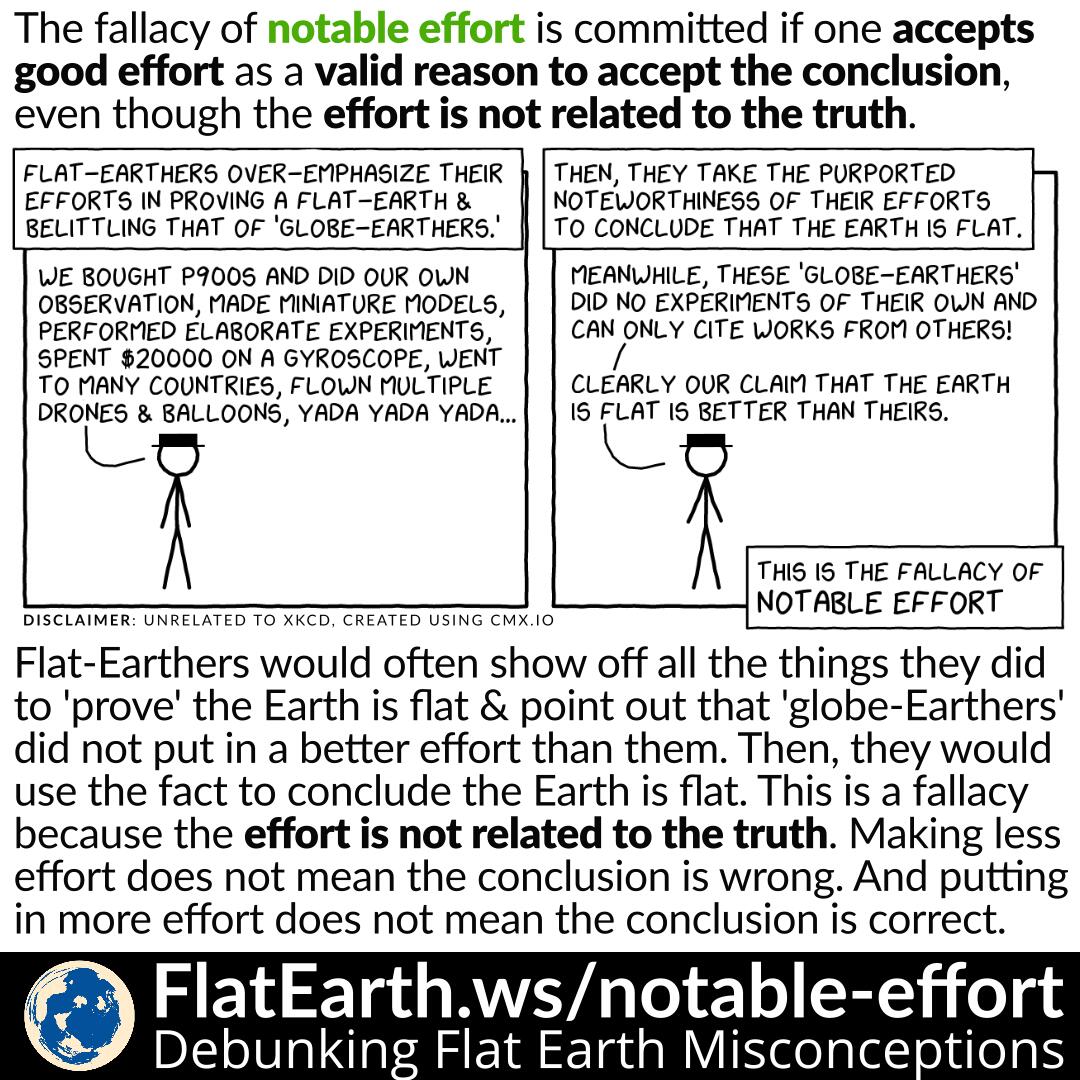Sometimes flat-earthers ask nicely and demand that the scientific and professional community treat them with respect and take them seriously. They ask everyone to respect them because, they say, only mutual respect can enable everyone to understand and determine the actual shape of the Earth.
In reality, it has been the wish of the general public the whole time. However, respect works both ways. If a flat-Earther starts respecting scientists, professionals & the general public, it will be no longer possible for them to retain the belief in a flat Earth. It does not matter how politely they make their demands, it cannot change the fact that disrespecting others is an integral part of the belief in a flat Earth and can never be separated.
Continue reading “Mutual Respect”


